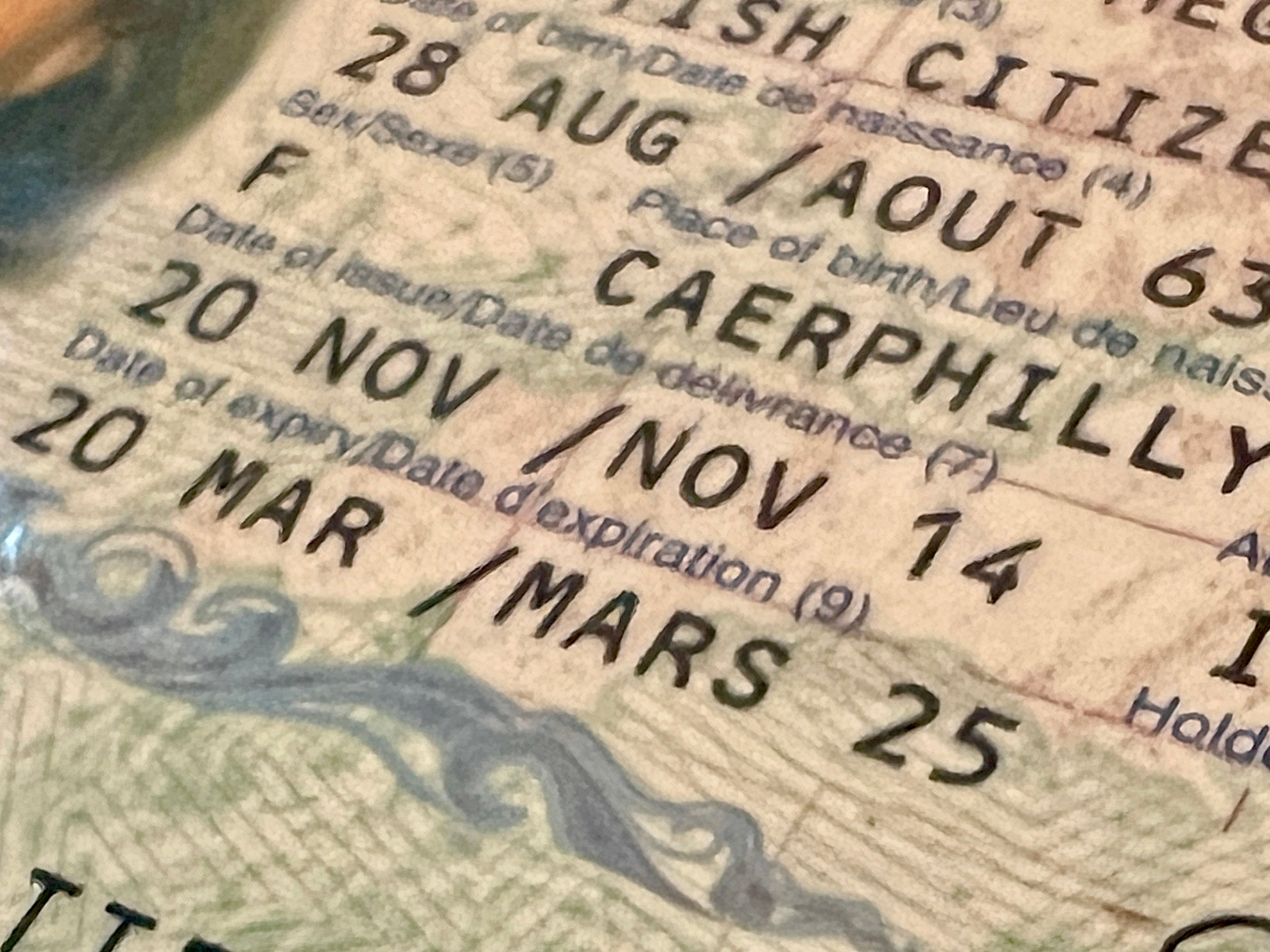Telling large companies how to run their businesses is much easier than actually running one. Nonetheless, allow me to address Britain’s biggest budget airline, easyJet, and recommend how it could improve.
To set the scene: I spent a fair amount of 2021 involved in a long back-and-forth with EU home affairs officials in Brussels about post-Brexit passport validity rules. After the UK voted to leave the European Union, Boris Johnson’s government requested that we should become third-country nationals – alongside citizens of an interesting range of other countries, including Tonga and Venezuela.
It was clear that, when international travel returned at scale after the shambolic tangle of quarantine rules was finally lifted, travellers and the travel industry needed to know what exactly the rules were. Finally, on 10 November 2021, I received sign-off from Brussels on the two EU tests for British passport holders:
- On the day of travel to the EU, issued not more than 10 years earlier
- On the intended day of exit, at least three months to run

For example, a British passport issued on 20 November 2014, expiring on 20 March 2025, can be used to travel out to the European Union up to 19 November 2024 for a stay until 20 December 2024.
I promptly informed all the leading airlines flying from the UK to the European Union about my findings – supplying the lengthy correspondence and contact details so they could conduct their own checks. I stressed that they should not make up nonsense conditions about British passports being valid in Europe only for nine years and nine months – pretending that the EU has imposed a limit of 10 years on any UK travel document.
As far as I know, British Airways has not put a foot wrong. Jet2 turned one passenger away very early but corrected the error overnight and promptly made good the harm to the traveller. Unfortunately, easyJet and Ryanair made up their own rules, citing bizarre UK government advice that showed ministers didn’t understand what they had signed up for.
Eventually, I persuaded all three organisations to accept the rules.
But occasionally a member of staff “goes rogue” and needlessly turns an innocent and properly documented passenger away.
Jacqui McGeough from Lanarkshire is the latest victim to have contacted me. On 9 April she and her daughter, Eilidh, turned up at Edinburgh in good time to fly off on holiday to Naples. But the gate agent inexplicably barred Ms McGeough from the flight, saying her passport was not valid.
Ms McGeough immediately appealed. An airport supervisor confirmed the original, incorrect decision. The holiday was off and the pair were £1,500 out of pocket.
Understandably upset, Ms McGeough contacted easyJet. Over the following seven weeks, she was assured five times that the organisation was right and she was wrong – even though exactly the opposite was true. A “thorough investigation” of the fact had been made, she was assured.
Arrogant nonsense. An actual “thorough investigation” of Ms McGeough’s case would take one minute:
- Look at the passport, and observe it was valid for travel out to the European Union up to 13 May 2024
- Look at the travel dates, 8-12 April 2024
- Exclaim “Oops! Ms McGeough was right all along, so let’s open the chequebook to recompense the pair for the cost of their ruined holiday as well as statutory compensation for wrongly denying boarding”
Yet easyJet repeatedly brushed off Ms McGeough until she contacted me. Once I challenged easyJet, the airline promptly admitted “a misunderstanding at the gate of passport validity rules” and said it was “looking into why they received incorrect information in response to their claim”.
The vast majority of easyJet passengers turned away from a flight due to passport problems are correctly denied boarding. But when an upset passenger politely and persistently asks to be taken seriously, an airline manager could and should investigate.
I shall continue to fly on easyJet for its professional operation, good value and excellent cabin crew. But an organisation that pays more heed to a journalist than to a customer is on dodgy ground. Repeatedly blaming the victim rather than taking a long look at its own procedures has alarming resonances of the Post Office scandal; easyJet is better than that.
Simon Calder, also known as The Man Who Pays His Way, has been writing about travel for The Independent since 1994. In his weekly opinion column, he explores a key travel issue – and what it means for you.











